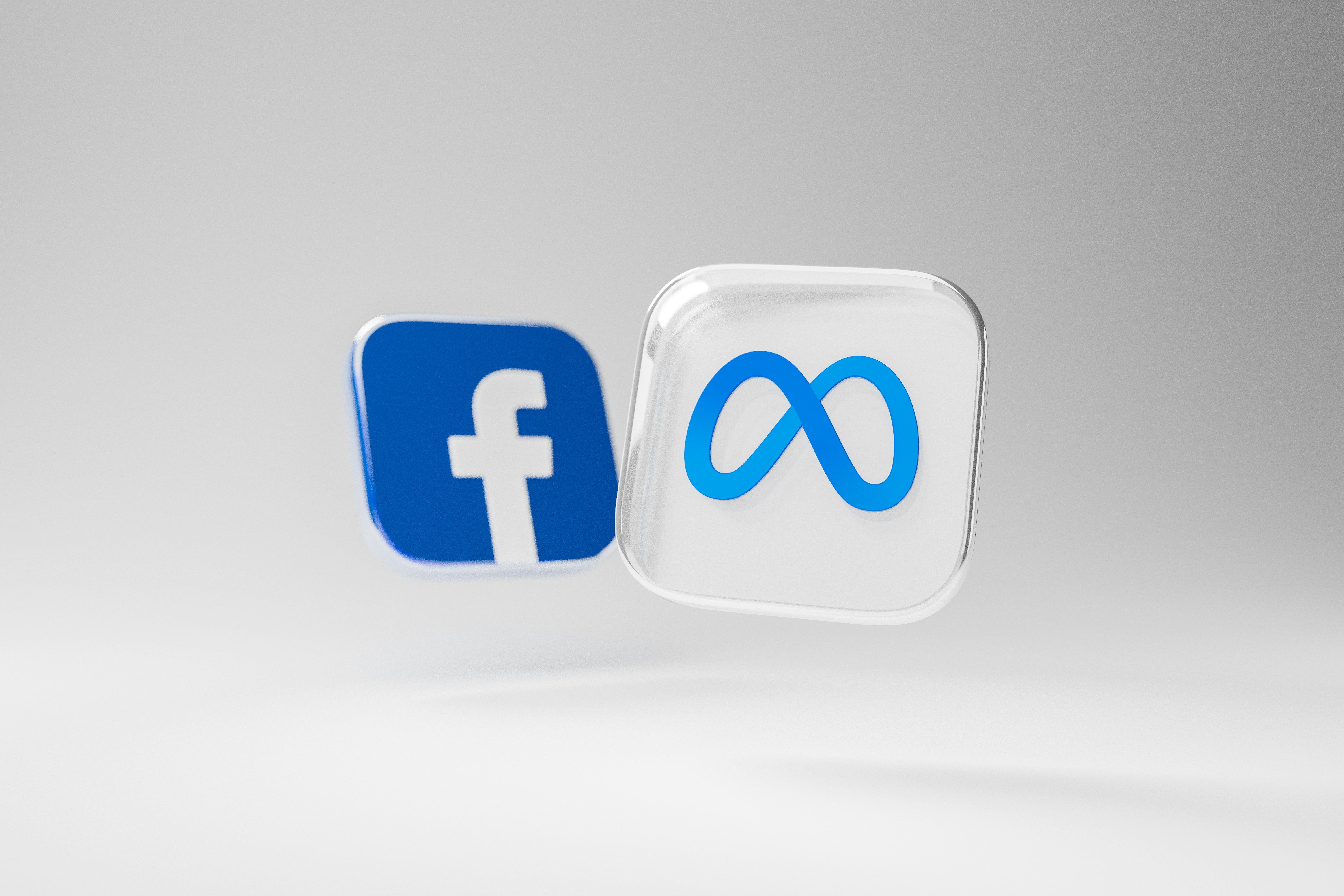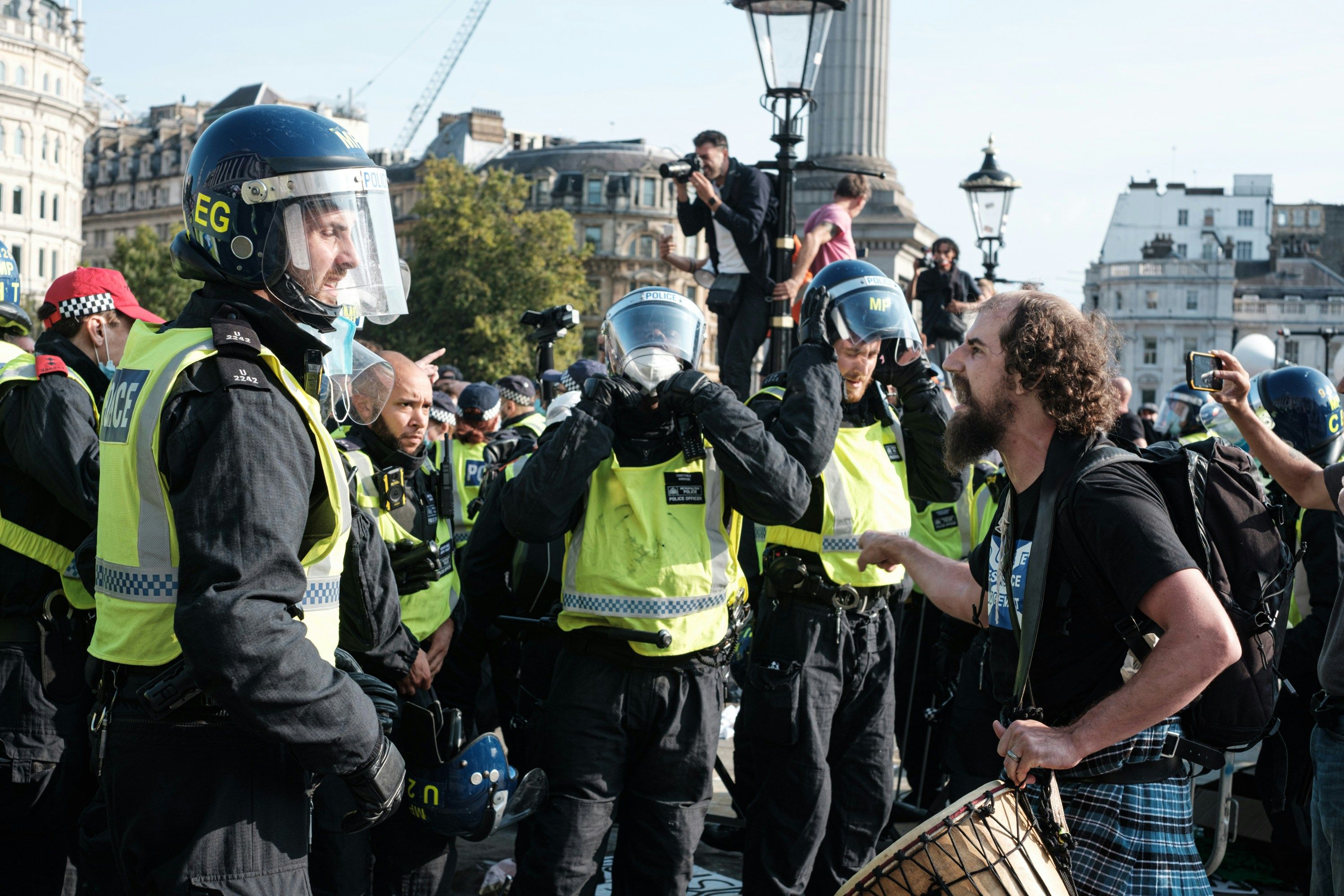Former U.S. President Donald Trump ignited a significant debate by suggesting that banning TikTok, a Chinese-owned app, could inadvertently empower Meta, Facebook's parent company, which he labeled as an "enemy of the people." This scenario casts a spotlight on the intricate dance of power, privacy, national security, and market dominance in the realm of social media. It opens up a dialogue on the potential impacts such a ban might have, not just on TikTok and its vast user base, but also on the competitive landscape of social media at large, specifically how it could potentially benefit Meta.
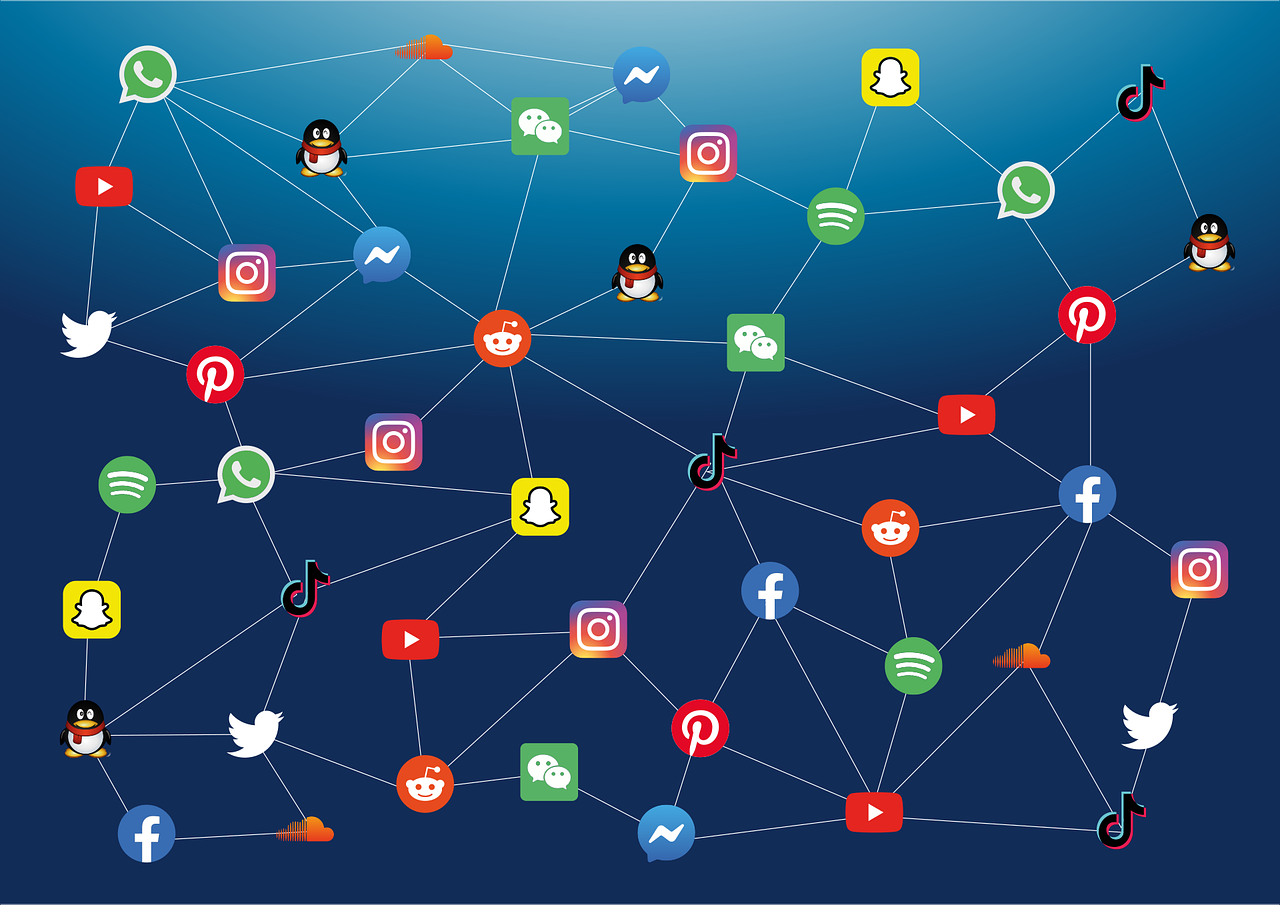
Trump's Opposition to a TikTok Ban
Former President Donald Trump, a once staunch advocate for the ban of TikTok due to national security concerns, has surprisingly reversed his stance. Known for initiating moves to ban the platform during his presidency, Trump now voices a different concern—that banning TikTok might inadvertently empower Facebook, which he openly labels as "an enemy of the people". This reversal sparks curiosity, signaling a significant pivot in Trump’s approach to handling perceived threats from social media giants. His statements highlight a nuanced understanding of the competitive landscape within the social media industry, where a reduction in one platform's reach could potentially inflate another's dominion, namely, Meta's Facebook.
The tension between appreciating TikTok's appeal to millions of users, particularly the youth, and addressing national security concerns presents a complex dilemma. ByteDance, TikTok's parent company, is subject to China's National Intelligence Law, fueling fears that the Chinese government could access American users' data. This apprehension isn't without precedent; various administrations have grappled with balancing the freedoms of digital expression and the imperative need for national security. Yet, within this debate, TikTok's burgeoning popularity and its role in shaping digital culture remain undisputed, making the discussion about its ban far from straightforward.
The core of Trump’s reversal on a TikTok ban lies in the fear of Meta's inadvertent empowerment. If TikTok were to be banned or severely restricted within the U.S., Meta’s Facebook could see a substantial influx of users searching for alternative platforms. This potential doubling in size of Facebook, as Trump suggests, could consolidate Meta’s influence in the digital and social media realms, possibly reinforcing its position in ways that could stifle competition and innovation. Considering Trump's view of Facebook as an opponent, this outcome is considerably ill-favored. His concerns underline a broader dialogue about market dominance, the importance of maintaining a diversified digital space, and the ongoing battle over privacy, data security, and freedom of speech within the tech industry.
National Security
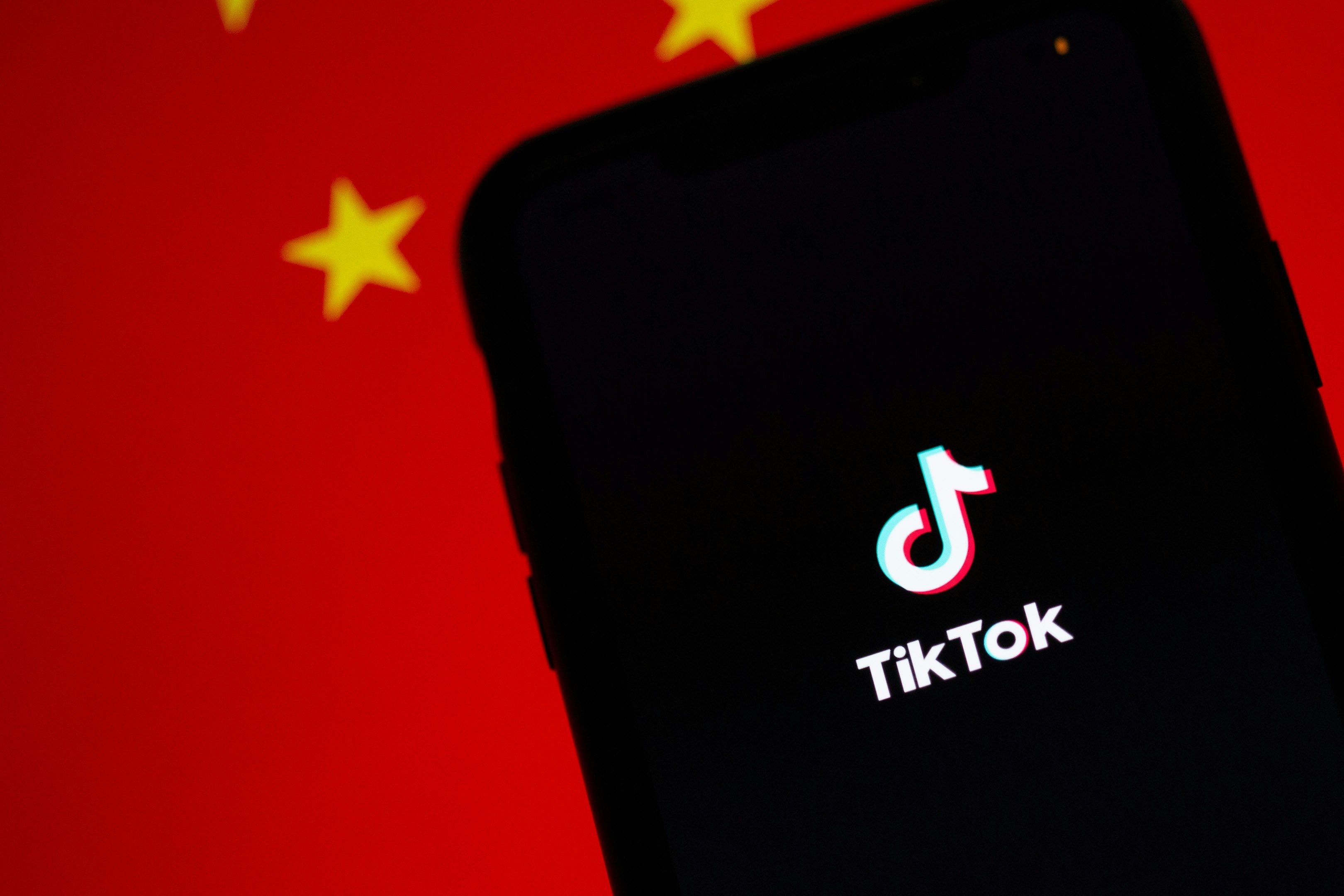
U.S. Concerns Over Chinese Data Sharing
The heart of the national security argument against TikTok's operation in the U.S. stems from apprehensions over data sharing with the Chinese government. Given China's National Intelligence Law, which mandates cooperation with state intelligence work, the fear is that TikTok could become a conduit for espionage, leveraging the vast swathes of data it collects from American users. This concern is not isolated to TikTok alone but extends to other Chinese companies under similar obligations. It situates TikTok within a broader discourse on data privacy, national security, and the role of state power in the digital age.
Legislation Against TikTok's Operation in the U.S.
In response to these national security concerns, U.S. lawmakers have been actively pursuing legislation to either force ByteDance to divest TikTok or to enact a full ban. The proposed legislations reflect a bipartisan effort to safeguard U.S. interests, illustrating the gravity with which the government views the potential threats posed by TikTok's operations. President Joe Biden's readiness to sign such bills, if passed, underscores the administration's commitment to addressing these security vulnerabilities, revealing a unified front across different arms of the government concerning TikTok's regulation.
Comparison with Other Chinese Companies
The debate around TikTok inevitably invites comparisons with other Chinese companies operating globally. Like TikTok, these firms face scrutiny over potential data sharing with the Chinese government, sparking conversations about the broader implications of Chinese tech companies' global reach. This comparison highlights the unique challenges and suspicions that accompany Chinese entities amid rising geopolitical tensions, influencing how they are perceived and regulated on the international stage. It underscores the intricate dance between fostering innovation and competition in the global tech industry and securing national interests against perceived foreign threats.
The Impact on Meta if TikTok is Banned
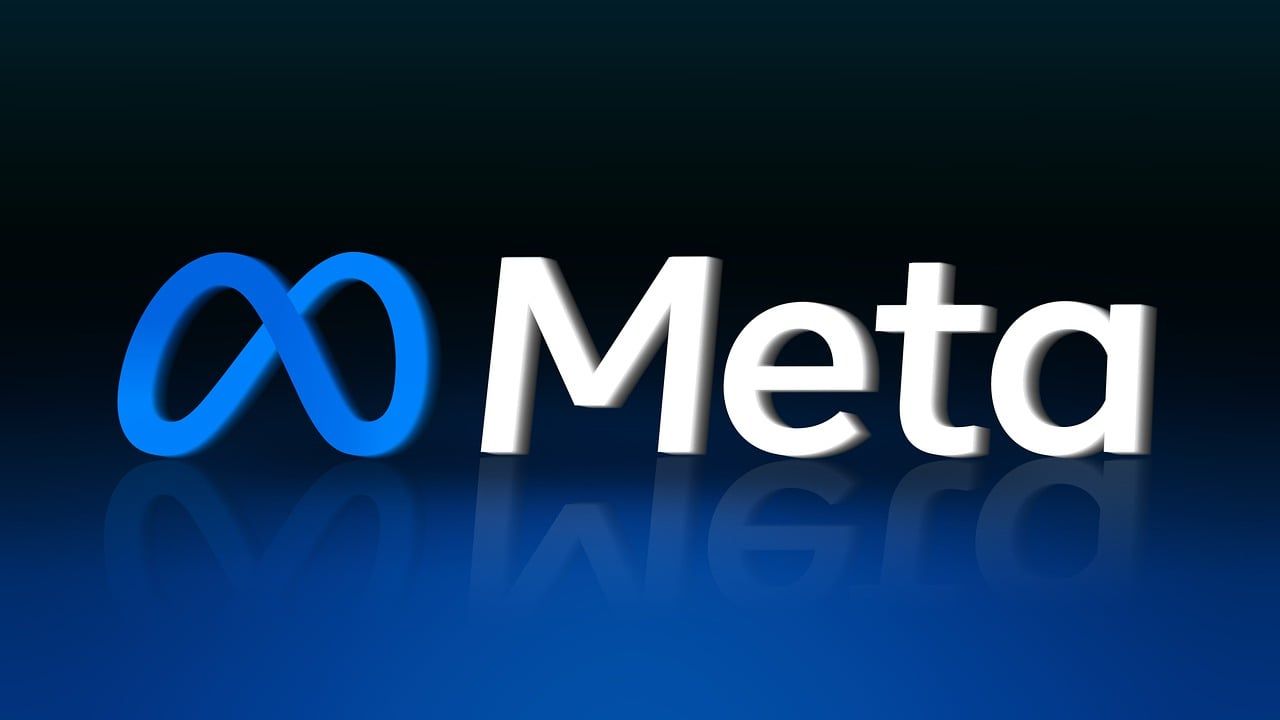
Facebook's Growth Without TikTok
The potential banning of TikTok could position Facebook, owned by Meta, to significantly expand its user base and reinforce its market position. As a platform that thrives on engagement and time spent by users, Facebook stands to benefit substantially from the absence of TikTok, a key competitor in the realm of digital attention. The departure of TikTok from the social media landscape would likely result in a migration of users seeking similar content and social interactions, thus boosting Facebook’s active user numbers. This influx of users could enrich Facebook's data pool, enhance ad targeting capabilities, and potentially increase its revenue from advertisers seeking to reach a broader audience.
Meta's History With Privacy and Security Issues
Interestingly, Meta's own history with privacy and security concerns parallels that of TikTok's current predicaments. Meta has faced scrutiny over its handling of user data, most notably during the Cambridge Analytica scandal, which highlighted the vulnerabilities in personal data protection on its platforms. These ongoing concerns could temper the potential advantages Meta might gain from a TikTok ban, as users and regulators alike remain vigilant over privacy and security standards on social media platforms. The situation underscores a broader issue facing all major tech companies: the imperative to safeguard user data amidst the drive for growth and engagement.
The Political Context of Social Media Platforms
The interplay between politics and social media platforms is another layer worth considering in this debate. The discourse around TikTok's ban and the empowerment of Meta underscores how intertwined politics and social media have become. Platforms like Facebook have been criticized for their roles in political processes and the spread of misinformation. These criticisms place Meta in a complex position, as any benefits gained from a TikTok ban could also intensify scrutiny over its political impact and responsibilities as a dominant player in the social media ecosystem.
Broader Implications of a TikTok Ban
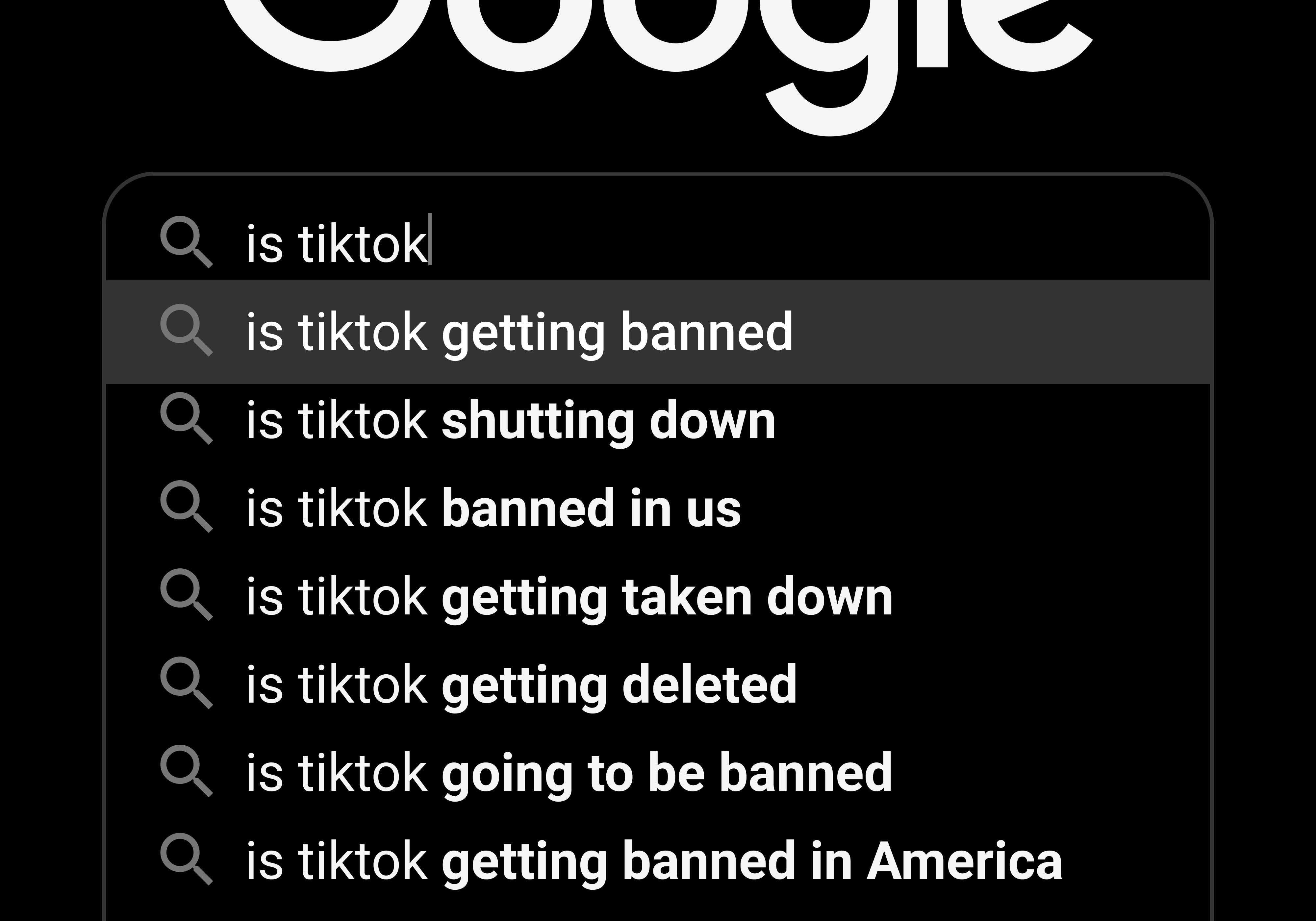
Effects on the Social Media Landscape
A TikTok ban would have far-reaching implications for the social media landscape. As users search for alternatives, platforms under Meta's umbrella could see a surge in engagement. However, this potential shift raises questions about competition and diversity within the digital ecosystem. A concentration of power among fewer platforms could stifle innovation and limit users' options. The ban could also catalyze the development or rise of new platforms as market gaps emerge, illustrating the dynamic nature of the social media industry.
First Amendment Concerns and Public Reaction
The debate over a TikTok ban intersects with First Amendment concerns, highlighting the tension between national security measures and free speech rights. Critics argue that banning a platform like TikTok could set a precedent for government overreach into media and digital communications, potentially infringing on the free exchange of ideas and expressions. Public reaction to these developments tends to be polarized, reflecting broader societal divisions over issues of privacy, security, and the role of government in regulating the digital domain.
The Future of International Social Media Regulation
Finally, the discourse surrounding a TikTok ban feeds into larger conversations about the future of international social media regulation. As countries grapple with the challenges posed by globally operating platforms, the TikTok situation serves as a case study in addressing national security risks linked to foreign ownership and data privacy concerns. The outcome of this debate could influence international norms and laws governing digital platforms, shaping the operational landscape for social media companies and the regulatory environment they navigate.
A TikTok ban may ostensibly 'empower' Meta by eliminating a key competitor, the reality encompasses a complex interplay of growth opportunities, ongoing challenges, and broader societal implications. As this narrative unfolds, it will be crucial to monitor the evolving dynamics within the social media ecosystem and the implications for users, platforms, and policymakers alike.

